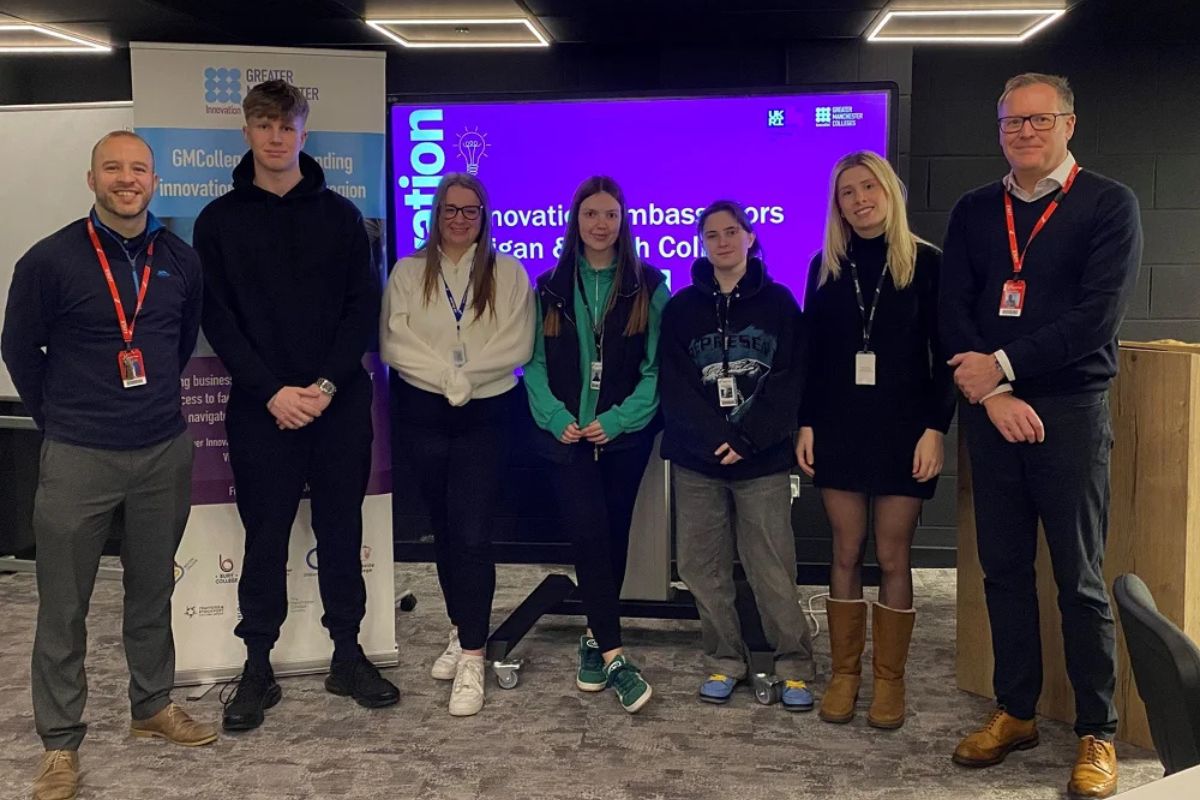It is time to wave goodbye to the apprentice stereotype

With the government announcing the student loan repayment term will be extended to 40 years for new borrowers from September 2023 to ensure more students repay their loan in full, many aspiring students may postpone their goal of going to university out of fear they will remain in debt for too long.
For those students, better, more affordable access to education is needed. Stacey Allen, Director of Corporate Partnerships at Arden University explains how degree apprenticeships may be ideal for such individuals and why the long-lasting stigma surrounding apprentices is far from applicable, especially in today’s society.
The misconceptions of apprenticeships
Apprenticeships have a long-standing history in the UK, dating back to the Middle Ages. Popularity waned in the 19th century however, aside from in particular industries, including newer industries of engineering, shipbuilding, plumbing and electrical work.
Due to their history, apprenticeships are often misconceived to be badly paid, involve intense hours and be labour intensive. Many often assume the apprentice route is only for “practical” jobs such as bricklaying or car mechanics, as they were historically.
Changes made by the government, including the Modern Apprenticeship system and Higher Apprenticeships, have modernised this route – helping them to appeal to young people aiming to enter a wide variety of professions and sectors. But while there has been a big change in the way apprenticeships work since they were first introduced, perceptions towards them have not always kept up.
There is a shift occurring: apprenticeships aren’t what they used to be, and perceptions need to change too.
How apprenticeships have changed
Over the past two decades, there has been a widening in the apprenticeships that are open for avid learners. There are different levels of apprenticeships depending on the qualifications you have and the role you are applying for; it is no longer solely an avenue for those wanting to get into the trade sector. Some may require basic GCSE qualifications – other may require more advanced education or experience. And apprentices don’t need to be a young person leaving school; there are more than 111,000 employees across the UK over the age of 25 carrying out training via apprenticeships.
Apprenticeships can now be undertaken in a huge number of different sectors and industries, from agriculture, law, engineering and healthcare to education, retail and art. And in an era where skills and experience are just as valued as the qualification itself, an option that gives you both is an ideal solution. A growing, yet underrated avenue in the era where upskilling is in demand, is the degree apprenticeship.
A degree apprenticeship, for example, enables you to gain a full undergraduate or master’s degree while you work. They can take time and are demanding, but they offer the best of both worlds, potentially allowing students to excel in their career quicker than their degree-only counterparts.
The best selling point during a time where competition is rife and saving money to overcome the rise in costs is that the qualification is funded by the employer and the UK Government. This means that you obtain a degree free of any tuition fees, with the additional advantage of gaining valuable workplace experience and earning a full-time wage while you study.
The role of apprenticeships in upskilling
Based on a McKinsey report, most companies worldwide (87%) are aware that they either already have a skills gap or will have one within a few years. And in Arden University’s latest research, it found that nearly a third of jobs are at risk of becoming extinct by 2030 due to automation, implying the skills gap across the nation is widening; this means new roles will be left vacant and those whose job was taken over by technology, will be out of work.
Industries, higher education institutions and businesses need to outline the skills needed for the jobs of the future and need to work toward ensuring the current and next generation have the skills needed, as well as the relevant qualifications.
Many employers are also struggling to recruit and retain staff in an increasingly competitive market, while employees are struggling to progress in their careers, as they lack a breadth of knowledge, skills and behaviours that a degree apprenticeship programme can provide.
For employers, apprenticeships are an effective way to bridge the skills gap within their current workforce and help managers with their personal development. It also will reduce the level of recruitment employers need to do in a tough, candidate-market; if an employee is already a valued member of a company, helping them stay makes sense. Higher level apprenticeships can also upskill those in senior roles, helping them to advance in their career, breaking the stereotype of the typical 16-year-old apprentice.
In 2015, the top five skills for employability were: complex problem solving, coordinating with others, people management, critical thinking and negotiation. It was already obvious that the skills that were impressionable were ones that were intrinsically more ‘human’. Things have since changed and are set to shift even further over the next decade.
Over the past year, newly emerging skills fall into self-management, including: active learning, resilience, stress tolerance and flexibility. Even though critical thinking and problem solving remain highly desirable and at the top of the list, creativity and digital skills have become more important, shifting up the list of skills employers are looking for.
This means there is growing importance for developing skills that aren’t always taught from a textbook. Over the next decade we will see the rise of the ‘vocademic’ (vocational academia), outlining the importance of theory and practice. To keep up with the rapid progression and evolution of the jobs market, more people need to ditch the stigma they carry around them about apprenticeships and consider it as the perfect route into advancing and upskilling in their career – especially during this tough labour market.
Stacey is an experienced business developer, relationship manager and consultant. Driven by a passion for talent attraction, engagement and development, she has over 10 years’ experience collaborating and partnering with HR functions across FTSE250 and smaller SMEs on their people strategies. Today, Stacey leads on employer relations at Arden University – ensuring that all its ‘real world’ learning meets the workplace needs of employers in an ever evolving employability landscape.












Responses